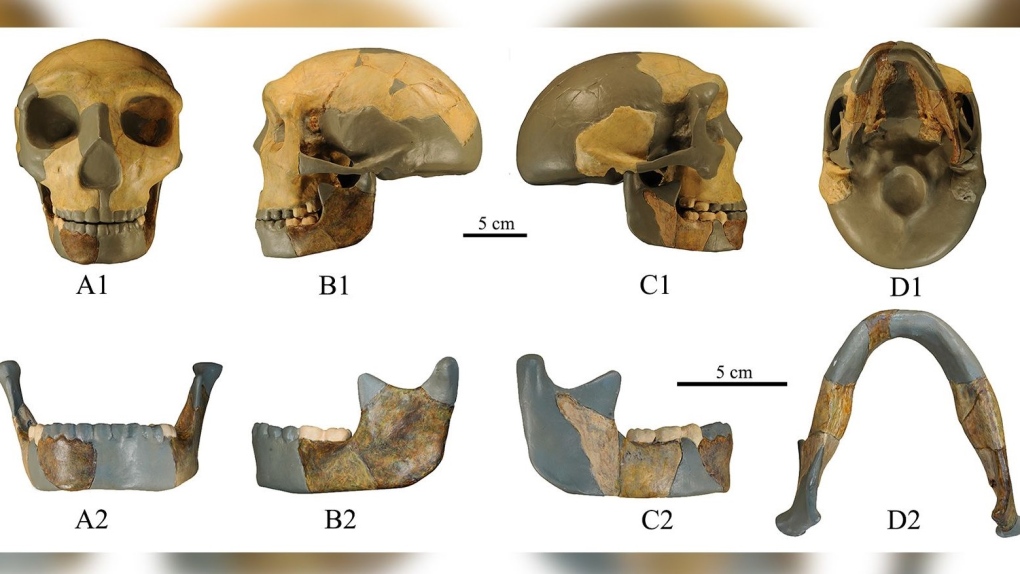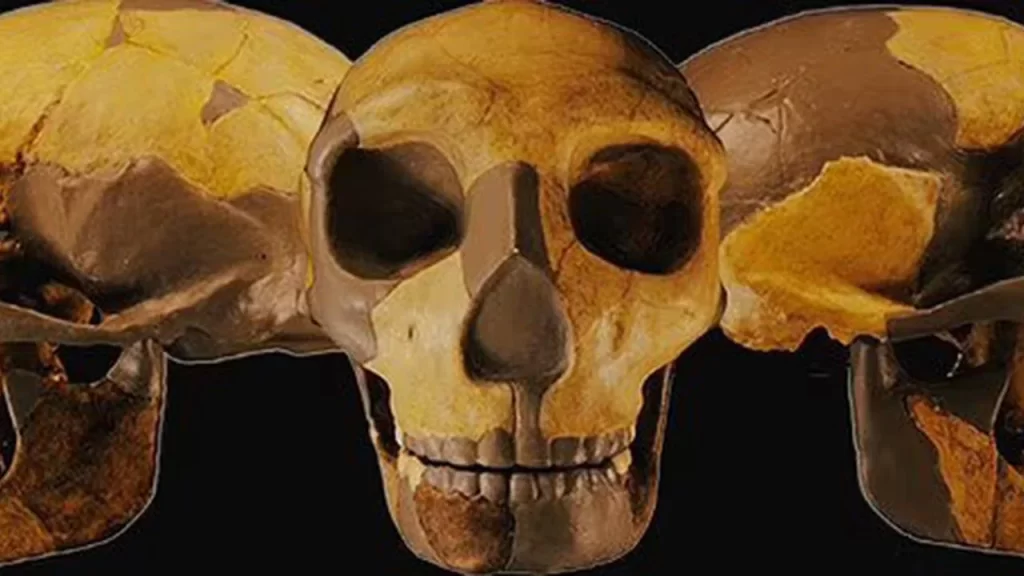Scientists in China have discovered a 300,000-year-old skull which has never been seen before. The skull is unlike any other skull the scientists had discovered in the past as the jaws and mandible, HLD 6, are quite different from humans. The new discovery could potentially lead to the discovery of a new branch in the human evolutionary tree.

The Skull Is Closer To Humans
The scientific study published in the Journal of Human Evolution revealed that the discovered skull is no way ‘a human one’ but is associated with the ancestors. The researchers pointed out the skull belongs to the late Middle Pleistocene period, an important transition phase for human ancestors.

Skull Features Are Familiar
By closely analyzing the features of the newly discovered skull, scientists said the HLD 6 doesn’t properly fit our current taxonomies but has similar features to what they’ve already discovered. The HLD 6 is similar to that of Homosapiens and at the same time, to a new branch called Homo erectus.





